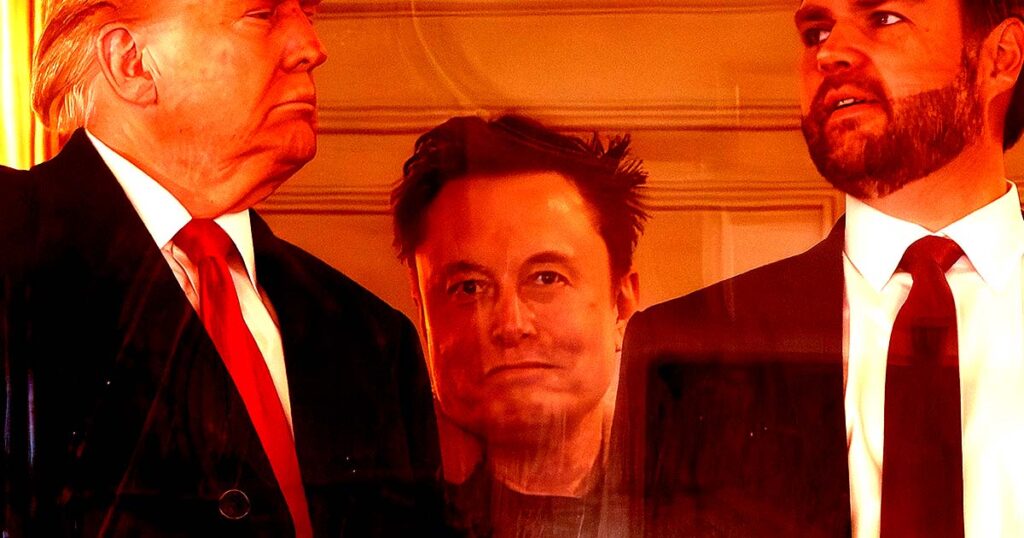SpaceX CEO Elon Musk’s quest for higher security clearance has encountered significant obstacles, primarily due to longstanding legal and personal issues that may jeopardize his eligibility. Although approximately 400 SpaceX employees possess elevated security clearances, Musk himself holds a “top secret” clearance, which allows him limited access to classified national security information. According to the Wall Street Journal (WSJ), legal counsel for SpaceX has advised against pursuing a higher security designation for Musk. Doing so would necessitate disclosing details regarding his frequent interactions with foreign figures, including high-profile leaders such as Russia’s Vladimir Putin, and could expose sensitive information about his personal habits, including alleged drug use.
Musk’s existing “top secret” clearance came with its own set of challenges, taking years to finalize, particularly after a well-publicized incident where he was seen smoking cannabis with comedian Joe Rogan in 2018. Current discussions among SpaceX legal advisers also bring to light Musk’s reported use of ketamine, casting further doubt on his ability to obtain advanced clearances. The lawyers indicated that seeking an upgrade in clearance might put Musk’s existing designation at risk, an outcome he evidently wishes to avoid given his role in the company and the significance of operational security at SpaceX.
However, the landscape may be shifting now that Musk has positioned himself closer to the incoming administration of President-elect Donald Trump, having secured a prominent role as the head of the newly established Department of Government Efficiency (DOGE). In this capacity, Musk could streamline access to highly classified information without undergoing the often cumbersome vetting and approval processes normally required. The new administration’s focus on efficiency may inadvertently create an environment where Musk’s disqualifications are overlooked, thereby lowering the barriers to accessing sensitive data.
In addition to the immediate challenges Musk faces regarding security clearances, the situation is compounded by the fact that he currently lacks access to resources that could advance SpaceX’s ongoing projects, particularly its spy satellite program known as Starshield. Reports indicate that Musk may not be authorized to enter many facilities engaged in critical work related to this program due to the limitations imposed by his current clearance level. The implications of this lack of access could hinder SpaceX’s capabilities and strategic use of classified technologies, potentially impacting the company’s market position and operational efficacy.
Adding to the complexity of Musk’s security clearance situation is public scrutiny regarding his personal behavior, specifically his history of using psychoactive substances. Earlier this year, reports surfaced detailing past instances where Musk allegedly used drugs such as LSD and psychedelic mushrooms. Although his legal representatives contested these claims, asserting that he has never failed a drug test at SpaceX, the public nature of these accusations could complicate any future applications for elevated security clearance. The transparency required in the clearance process could force Musk to confront these issues directly, impacting his reputation and standing with federal authorities.
Looking ahead, it remains uncertain how Musk will navigate the intricate web of security regulations, personal scrutiny, and governmental oversight. His new role within the government, coupled with the promise of significant spending cuts at the Pentagon, may lead to unique circumstances where Musk and his associates, including pharma executive Vivek Ramaswamy, need access to highly sensitive data that is crucial for their agenda. As they pave the way for potential reforms and policy changes, the necessity for security clearance may create ongoing tension between Musk’s aspirations and the federal requirements that govern access to classified information. This situation encapsulates a broader narrative of how personal behavior, corporate ambitions, and political maneuvering intertwine in the realm of national security amid a rapidly evolving landscape.

